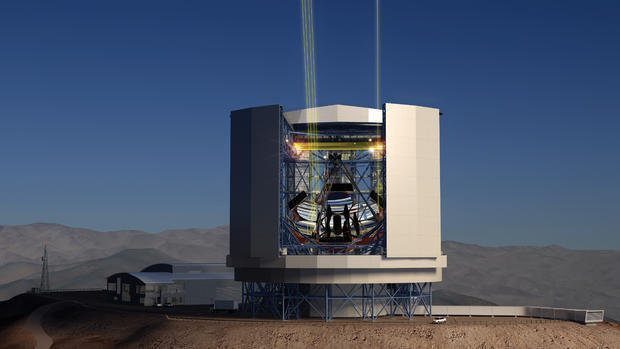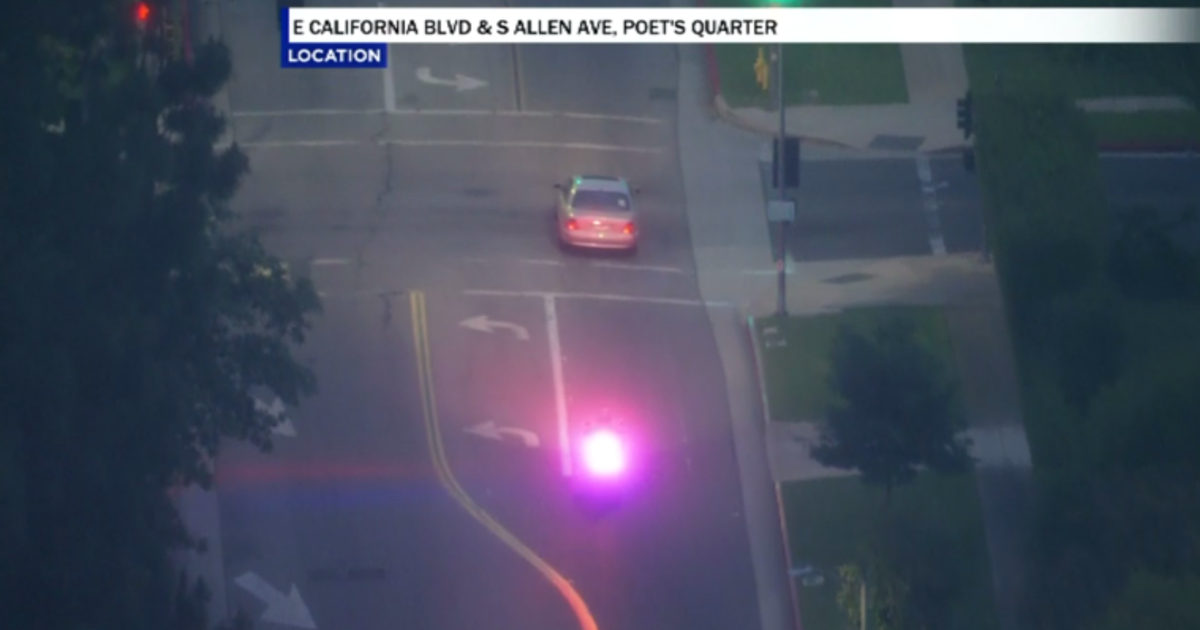Pasadena Group Breaks Ground On Project To Build World's Largest Telescope
PASADENA (CBSLA.com) — Scientists and supporters of a Southland astronomy group were expected to be among those on hand Wednesday to mark the groundbreaking of what is being billed as the world's largest telescope.
Located atop a carefully selected mountain at the Carnegie Institute of Science's Las Campanas Observatory in the dry, clear air of Chile's Atacama Desert, the Pasadena-based Giant Magellan Telescope Organization (GMTO) will mark the beginning of on-site construction of the telescope and its support base.
Poised to become the world's largest telescope when it begins early operations in 2021, the GMT will produce images ten times sharper than those delivered by the Hubble Space Telescope and could help astronomers see back to the earliest moments after the Big Bang.
The GMT aims to discover Earth-like planets around nearby stars and the tiny distortions that black holes cause in the light from distant stars and galaxies.
It will reveal the faintest objects ever seen in space, including extremely distant and ancient galaxies, the light from which has been travelling to Earth since shortly after the Big Bang.
Officials say the unique design of the telescope combines seven of the largest mirrors that can be manufactured - each about 27 feet across - to create a single telescope effectively 85 feet in diameter.
Each mirror must be polished to an accuracy of 25 nanometers or one millionth of an inch.
Housed in a 22-story-high dome, the giant mirrors being developed at the University of Arizona's Richard F. Caris Mirror Laboratory will collect more light than any other telescope in history, according to the organization.
"The GMT will usher in a new era of discovery and help us to answer some of our most profound questions about the universe," said Dr. Charles Alcock, GMTO Board Member and Director of the Harvard/Smithsonian Center for Astrophysics.
Eleven international founders from the U.S., Australia, Brazil, and Korea committed over $500 million towards the project.
The telescope is expected to see first light in 2021 and be fully operational by 2024.




